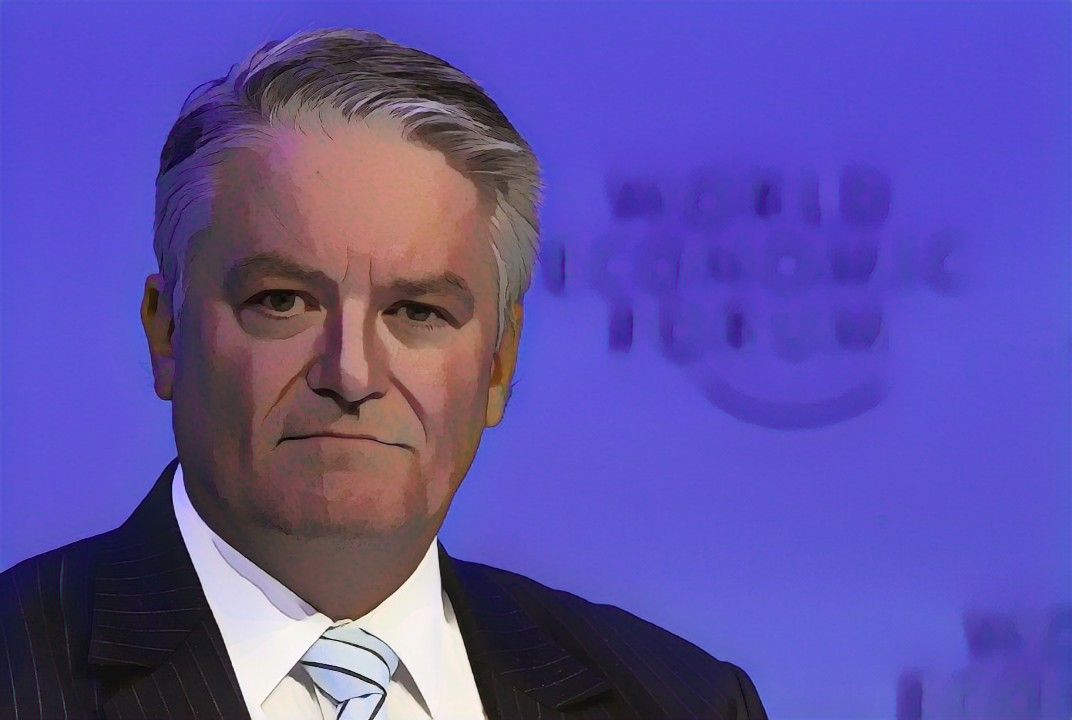Western Organizations Discuss AI Regulations and Future of Economic Ties with China

The Lede: Trans-Atlantic and developed countries are discussing regulations on artificial intelligence and the future of economic ties to China at organizational meetings
What We Know:
- The Organisation for Economic Co-operation and Development (OECD) plans to update its artificial intelligence guidelines to cover generative AI. The guidelines will be coordinated with the G7 for rules that will apply to the 38 OECD nations and beyond. Officials anticipate that a framework for discussing the guidelines with involvement from each OECD country will be formed by early June.
- Officials also met in Sweden for the EU-U.S. Trade and Technology Council to discuss issues including artificial intelligence, green supply chains, and trade relations with China. The TTC also emphasized establishing baseline standards for generative AI algorithms along with dialogues on concerns for the future of secure economic relations with China.
- Meanwhile, the Cyberspace Administration of China (CAC) has raised concerns that advanced technologies including generative AI could pose a serious challenge to governance, regulation, and the labor market.
The Background: Generative AI describes algorithms like that of ChatGPT that can be used to create new content, including audio, code, images, text, simulations, and videos. The OECD includes the G7 nations as well as Australia, Spain, the Netherlands, Mexico, Colombia, South Korea, and Turkey. It has designated China, Brazil, India, Indonesia, and South Africa as key partners. The TTC is a transatlantic diplomatic forum for the coordination of technology and trade policy between the U.S. and EU. Business groups on both sides have expressed its effectiveness in contributing to stronger communications between the two economies and coordinating sanctions on Russia following the invasion of Ukraine.
Likely Outcomes:
- The OECD’s reach has made it a central player in setting international standards and norms in economic matters. Establishing OECD guidelines on AI would steer global standards on the new technology that would apply to emerging countries. The TTC’s coordination of the trans-Atlantic economies has the potential to smooth over their differences on AI and China matters. A more coherent position on both topics among the Western countries would add strength to the kinds of policies that will be expected by the leading economies in dealing with related issues.
- If Western countries can come to an agreement on standards to regulate AI, they will likely push for adoption by other countries that have not necessarily participated in crafting the policies or see the benefit in abiding by their rules. Chinese technology firms have been developing the country’s own AI infrastructure for consumer use while the government has been scrambling to regulate it. Just as the rest of the global economy is becoming multi-polar through Western rivalry with China, the global AI landscape may also develop into separate competing infrastructures under different sets of rules and functions.
Quotables:
"The OECD stands ready to work closely with Japan and others, as we have in the past, to update our 2019 AI principles, and to make sure that we've got the right policy framework in place to ensure that generative AI delivers on the upside, but does not expose people to inappropriate downsides…as is always the case, innovation comes with upside benefits, but it also comes with risks and challenges and disruptions that need to be managed." – Mathias Cormann, Secretary-General of the OECD
Good Reads:
OECD pursues guidelines on regulating generative AI: leader (Nikkei)
AI, China to Dominate U.S.-Europe Talks (WSJ)
U.S. and EU have meeting about China, AI, and trades (Crytopolitan)
